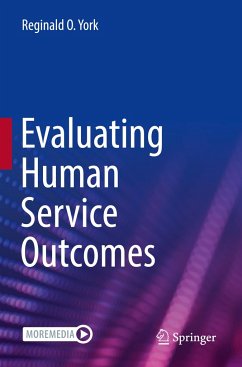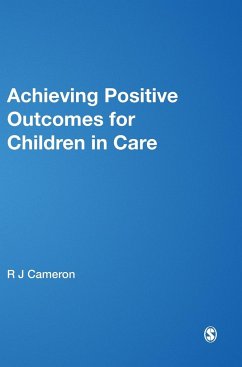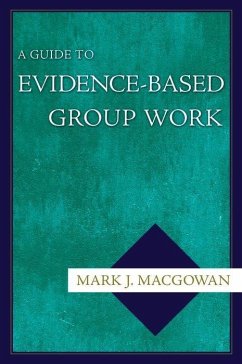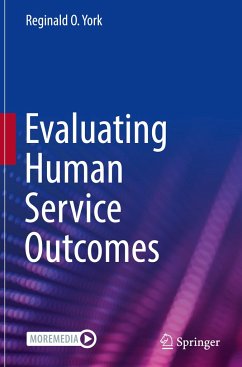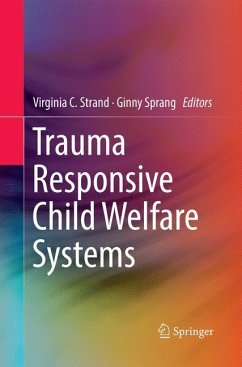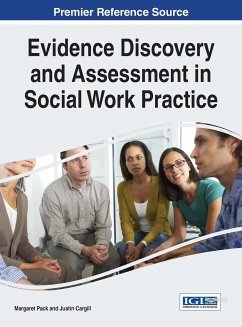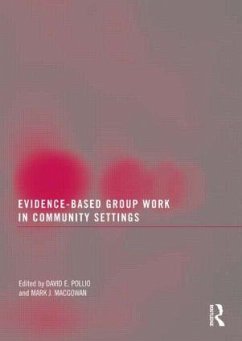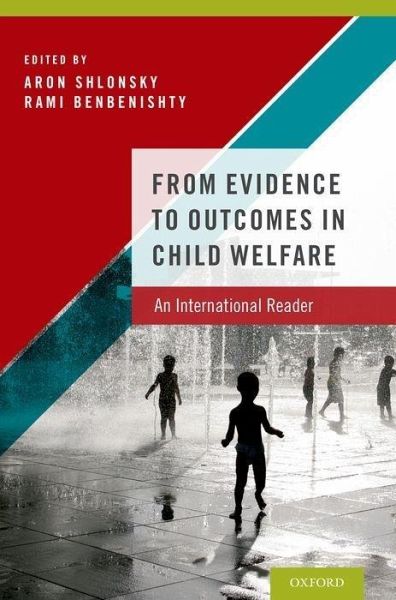
From Evidence to Outcomes in Child Welfare
An International Reader
Herausgeber: Shlonsky, Aron; Benbenishty, Rami

PAYBACK Punkte
53 °P sammeln!
The information age is upon us and, with it, a new era of human services has emerged. The terms 'Evidence-Based,' 'evidence-informed,' 'best practice', and 'effective' have become ubiquitous in scholarly and professional publications, government documents, funding applications, and training institutions across the world. Yet despite this avalanche of words, there is substantial disagreement with respect to the definition of evidence and how it should be used to improve the lives of children and youth. This book builds on the burgeoning evidence-informed practice movement in social welfare that...
The information age is upon us and, with it, a new era of human services has emerged. The terms 'Evidence-Based,' 'evidence-informed,' 'best practice', and 'effective' have become ubiquitous in scholarly and professional publications, government documents, funding applications, and training institutions across the world. Yet despite this avalanche of words, there is substantial disagreement with respect to the definition of evidence and how it should be used to improve the lives of children and youth. This book builds on the burgeoning evidence-informed practice movement in social welfare that evolved from evidence-based medicine some twenty years ago. Key insights from an internationally recognized group of scholars representing several child welfare systems promotes a nuanced understanding of evidence in all its forms; makes a strong case for understanding the role of context in generating, interpreting, and employing evidence; and provides guidance for integrating evidence and context in the provision of child welfare services. The book begins with an introduction to evidence-informed practice and a broad overview of the different types of evidence that can be useful in guiding difficult decisions under uncertain conditions. This is followed by a decision-making framework that incorporates the use of evidence within the context of a complex child protection system. Next, empirically supported programs and treatments are evaluated with respect to their transportability across contexts, with sometimes surprising results. Two revolutionary approaches to the delivery of effective services, common factors and common elements, are then introduced and followed by a treatise on the importance of implementation in child welfare settings. Embracing different types of evidence used for different questions, the role of randomized controlled trials, epidemiology, administrative and survey data are then explored. Finally, the context of service provision within an agency is explored through an overview of the structure, function, and culture of human services organizations; the role of universities in training staff and conducting relevant practice and policy research; and an applied example involving a partnership between a major university and a large child welfare agency.




